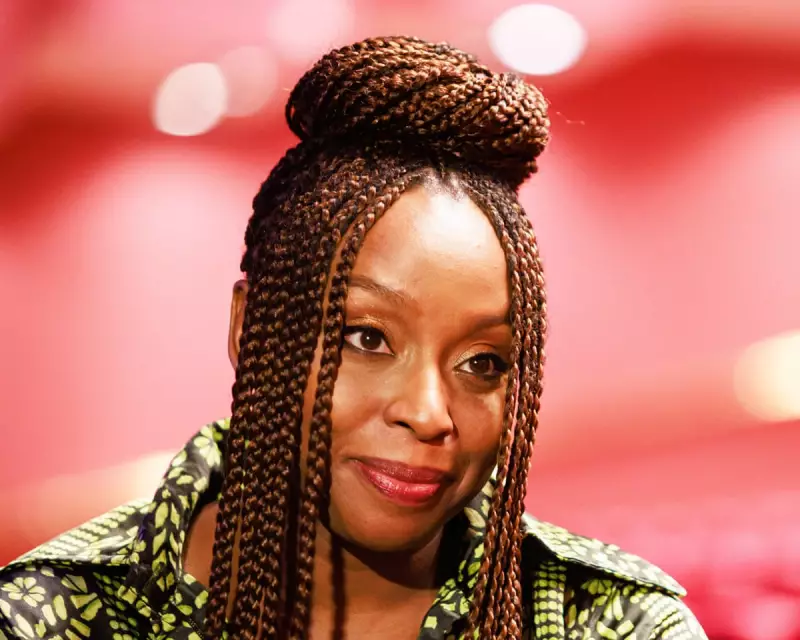
Celebrated novelist Chimamanda Ngozi Adichie has spoken openly about one of her deepest fears as a mother: that her young sons could be drawn into the dangerous world of the 'manosphere'. In a candid interview with The Guardian, the award-winning author expressed profound concern about the growing influence of online anti-feminist communities targeting vulnerable young men.
The Modern Parenting Challenge
Adichie, renowned for her powerful feminist works including 'We Should All Be Feminists', revealed how the digital landscape has created unprecedented challenges for parents. "I am terrified that my sons will join the manosphere," she confessed, highlighting the sophisticated methods these online groups use to radicalise young males.
Understanding the Appeal
The author analysed what makes these communities so dangerously attractive to boys navigating modern masculinity. "They offer these young men a sense of belonging and simple answers to complex questions about identity," Adichie explained. She noted how these groups prey on insecurity and confusion, providing a distorted framework for understanding gender relations.
A Mother's Perspective
As mother to a daughter and two sons, Adichie brings a unique dual perspective to the conversation. She described watching with alarm as the manosphere's influence has grown, recognising its particular threat to boys who might feel disconnected or misunderstood. Her concerns extend beyond her own family to what she sees as a broader societal crisis.
The Broader Implications
Adichie's warnings come amid increasing concern about figures like Andrew Tate and similar influencers whose content has been linked to the radicalisation of young men. She emphasised that this isn't just a parenting issue but a societal one that requires collective action and better digital literacy education.
The author's heartfelt admission highlights the complex reality facing parents in the digital age, where traditional parenting challenges are compounded by the pervasive influence of online ecosystems that can fundamentally shape young minds.





